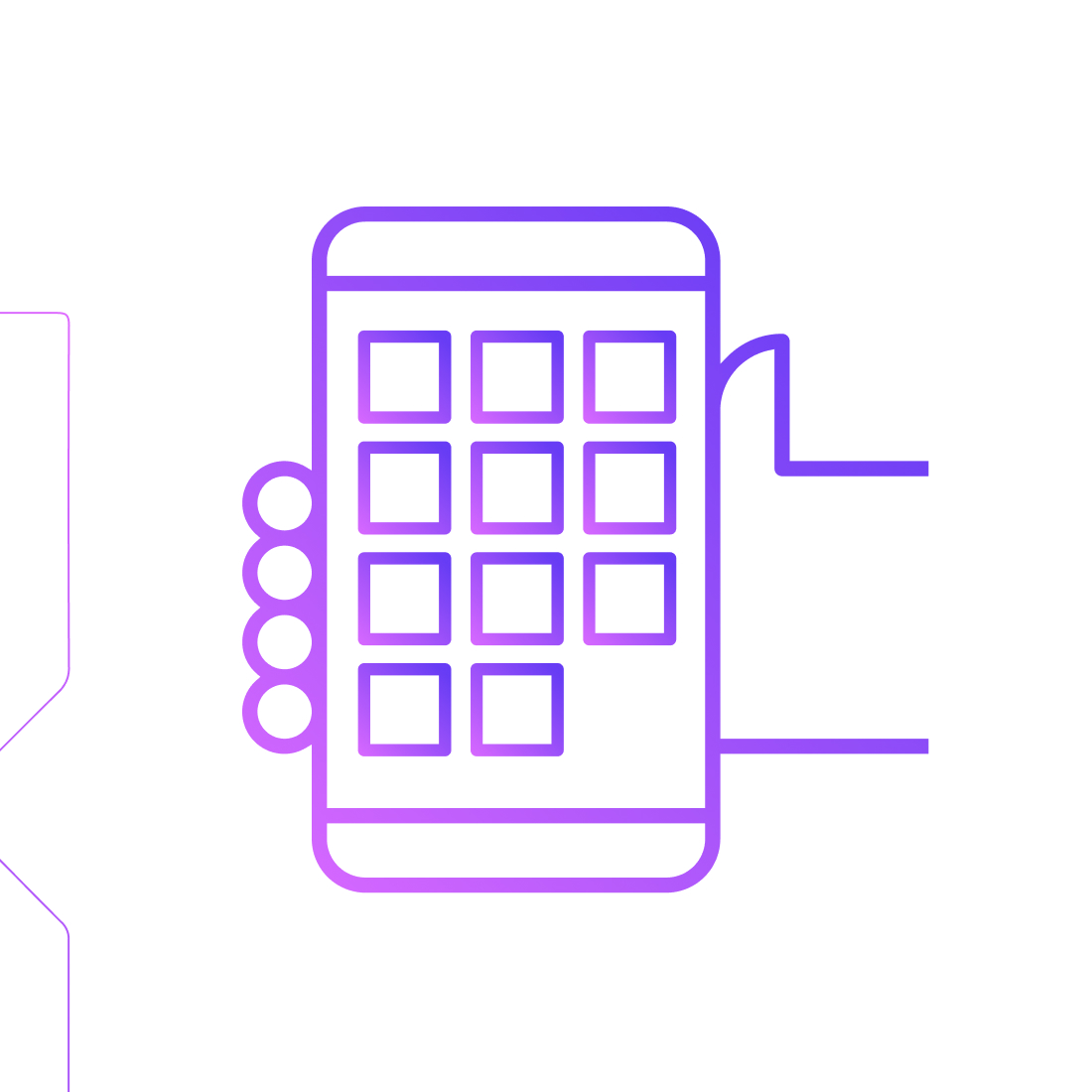

Progressive Web Apps – The Future of the Modern Web

Progressive Web Apps – The Future of the Modern Web?
Progressive web applications are a better alternative to native apps. Native apps are difficult to maintain and the cost of resources required to update a native application is much higher. In addition, the time it takes for the platform to approve a native application or the updates to a native application is much greater and can often turn into a waiting game.
To overcome such challenges PWA, or better known as progressive web applications were introduced. PWAs are the combination, a hybrid, of both web and native applications.
What are Progressive Web Apps?
Starting with the most basic definition of a progressive web app, which is:
“An application delivered via the web, built using the most common technologies such as HTML, CSS, and JavaScript. Intended to run all such platforms that utilize standard-compliant browsers, including both mobile devices and desktops”z
How are they different from native apps?
In the simplest of terms, progressive web applications ACT like native apps. The major difference when it comes to PWAs and Native Apps is that PWAs function within a browser while native apps are installed on the device. PWAs are faster and require less bandwidth to provide real-time updates because of its ability to cache data on a user’s device.
Comprehending PWA
A PWA consists of three major building blocks, which are:
- An Application Shell: It uses languages that can be cached offline, such as HTML, CSS, and JavaScript.
- Service Workers: Meant to handle functionalities, these are background JavaScript files. They manage functionalities such as push notifications and enable offline usage on a modular basis.
- An Application Manifest: The manifest allows the application to be installed via any browser, pinning the installed app on the device’s home screen.
The Need for PWA
With the growing user base of mobile devices, it was evident that native applications would not be able to keep up. It costs more and requires a lot of time to develop and update native applications. An alternative was required to keep up with the demand and the increasing need for fast performing applications.
Progressive web applications were the solution. Even Google now has many of its applications also as PWAs including Google Maps.
Progressive Web Apps features
There are countless features of a web application, but here in the scope of this article they are categorized into 4 groups:
- Accessibility: PWAs are independent of any app store and are thus more accessible to all devices with standard-compliant browsers.
- Autonomous Functionality: PWAs can work and handle their functionalities even when the device is offline, making their functionality more autonomous.
- SEO Optimization: Since PWAs are web-based, they are hosted online and indexed by search engine crawlers, giving PWAs enhanced SEO optimization.
- Cost-Effective and Rapid Development: PWAs are cheaper, easier, and faster to develop.
Final Thoughts
Are Progressive Web Apps the future? Yes, yes they are. They provide a more personalized experience and offer the best performance in nearly every scenario.
Interested in implementing professional service marketplace application APPs? Contact us!



Leave a comment!